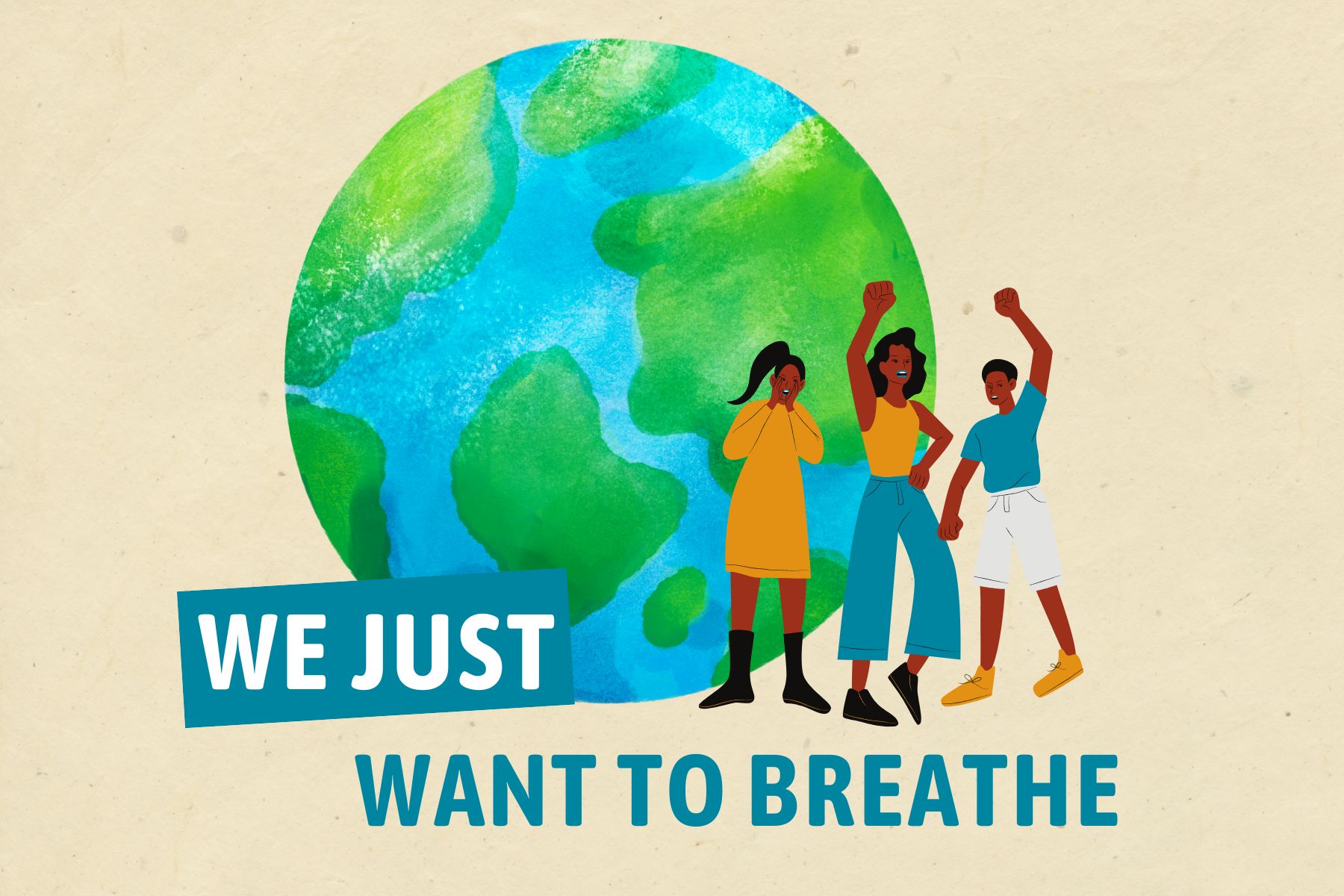
New Jersey's Environmental Justice (EJ) law is a landmark policy aimed at addressing the disproportionate burden of environmental pollution and degradation borne by communities of color and low-income communities. On April 17th, the NJ Department of Environmental Protection (NJDEP) finalized and published the corresponding regulations that finally enable the law to be fully enforceable.
Brief History
New Jersey has been at the forefront of the Environmental Justice movement since its inception. In the early 1990s, the state passed a series of laws aimed at promoting environmental justice, including the Environmental Equity and Public Participation Act, which required state agencies to consider the environmental and public health impacts of their decisions on low-income and BIPOC communities. Unfortunately, it was not until nearly three decades later that New Jersey took its next big step.
In 2017, a broad and diverse group of community organizations, stakeholders, and individuals led by Clean Water Action, the New Jersey Environmental Justice Alliance, and Ironbound Community Corporation pushed New Jersey to address environmental injustice head on. But it was not until 2020, when the Black Lives Matter movement and death of George Floyd came to a head and the inherent injustices on so many fronts on some many BIPOC people could no longer be ignored. Governor Murphy signed (September 2020 in Newark) the Environmental Justice and Cumulative Impacts legislation into law. While not perfect and not covering every type of polluting facility, we fought for and won many of the key provisions that we sought. This law builds on the state's previous efforts to address environmental injustice by requiring that certain environmental permits and land use decisions take into account the cumulative impacts of pollution and other stressors on overburdened communities.
This means that the NJDEPmust take into account not just the specific impact of a particular project or facility, but also the cumulative impact of other facilities and stressors in the community.
The state is required to provide meaningful opportunities for public participation in the decision-making process and can provide communities technical assistance. This means that impacted communities have a seat at the table when permit decisions are being made about certain types of facilities that could negatively impact their health and well-being.
Where do we go from here?
The passage of the Environmental Justice and Cumulative Impacts law in 2020 and formal adoption of the corresponding NJDEP regulations on April 17th, 2023 was a major victory for the Environmental Justice movement in New Jersey; but there is still much work to be done. In order to truly address environmental injustice in the state, we must ensure that the new regulations are utilized to achieve their fullest benefits, as well as continue to push for new policies, laws and funding that prioritize the health and well-being of overburdened BIPOC and low-income communities.
We are asking you to join Clean Water Action in our future justice work which includes:
- Enforcing the 2020 EJ law: Clean Water Action will be training communities to be empowered to use the law to its fullest extent in order to better protect their health and well-being.
- Strengthening EJ protections: Clean Water Action will take steps to either expand the scope of the EJ law to cover more types of permits and land use decisions (e.g. warehouses) or adopt complementary policies with the same result. We are also going to keep on eye on ways to ensure that stronger enforcement mechanisms are employed wherever possible.
- Addressing legacy pollution: As we make progress on implementing the new EJ rules, we must also address the legacy pollution that has already impacted many overburdened communities in New Jersey for generations. This could involve drawing attention to and holding polluters accountable for the harm they have caused, forcing them (not the public) to pay for and clean up their contaminated sites.
- Prioritizing community-led solutions: Throughout our efforts, we will always prioritize community-led solutions that center the needs and priorities of overburdened communities and ensure that impacted communities have a meaningful voice in decision-making processes.
New Jersey's Environmental Justice and Cumulative Impacts law is an important step forward in the fight for environmental justice; but we still have a long way to go to undo a legacy of environmental racism and pollution and restore the overburdened communities with thriving and vibrant neighborhoods
Let’s continue this fight together. Join us in your community, virtually, or in person as Clean Water Action Environmental Justice ambassadors. Sign up below to stay in touch, get more information, and be involved in the fight for justice!


